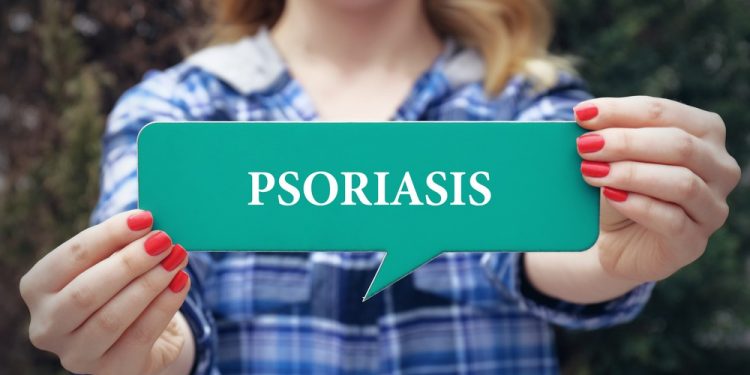October 29 marked World Psoriasis Day and this year the Irish Skin Foundation (ISF) is supporting the call of the International Federation of Psoriasis Associations (IFPA) to Treat Psoriasis Seriously.
Psoriasis as a serious, chronic and non-communicable disease (NCDs) in itself, but there are a number of other conditions (called co-morbidities) that are associated with psoriasis including cardiovascular disease and psoriatic arthritis.
Call to people living with psoriasis
People with more extensive or severe psoriasis are more likely to develop co-morbidities” according to Dr Marina O’Kane, consultant dermatologist at Beaumont and Connolly hospitals. “We are asking people with psoriasis to take the condition itself seriously but also to talk to their doctors about their associated risk of heart disease, type-2 diabetes, high cholesterol and high blood pressure”.
“It’s also important, if you have any symptoms of arthritis, (especially heel pain, swollen fingers or toes, early morning back pain) to discuss these with your doctor as a priority. Ask for a referral to a rheumatologist for assessment, to be sure your joints aren’t at any risk from psoriatic arthritis.

Help and Support
The ISF operates a unique nurse-led helpline which supports people living with skin disorders, including psoriasis. The ISF offers guidance and peer-to-peer support to people with psoriasis who are looking for ways to manage the condition.
“We are living through a very positive period for people with psoriasis because there are so many more management options than there were just 15 years ago. I’d urge anyone living with psoriasis – even if they have given up or feel that they have had no success in managing their skin – to get in touch with the ISF Helpline”, says the Caroline Irwin, who has lived with psoriasis all her life.
The psychosocial burden of psoriasis
Because psoriasis is often very visible, people living with the condition may have to cope with the reactions of others to the appearance of their skin. The long-term psychological impact can be profound and contribute to low self-esteem, self-consciousness, frustration and even influence life choices. The ISF Helpline urges anyone who may be feeling anxious or down to share your feelings with your doctor.
Growing recognition of the seriousness of common skin disorder
In the last decade a WHO resolution (2014) and the landmark Global Report on Psoriasis (2016) have emphasised the need for greater public awareness of the psychosocial impacts and the shared risk factors for developing other NCDs. Together these are a global call to action to increase understanding, end discrimination, pursue further research, and improve access to care.
There are an estimated 125 million people in the world with psoriasis and 100,000 in Ireland, of whom 20,000 have a severe form of the disease.
The IFPA is a non-profit organization made up of psoriasis associations around the world. IFPA gives non-profit psoriasis associations a global voice to campaign on behalf of people who have psoriasis and psoriatic arthritis.









